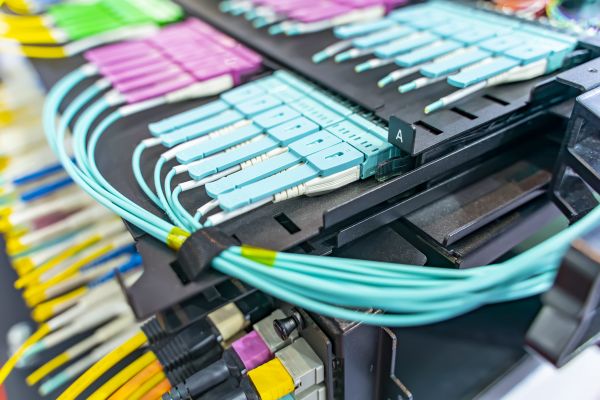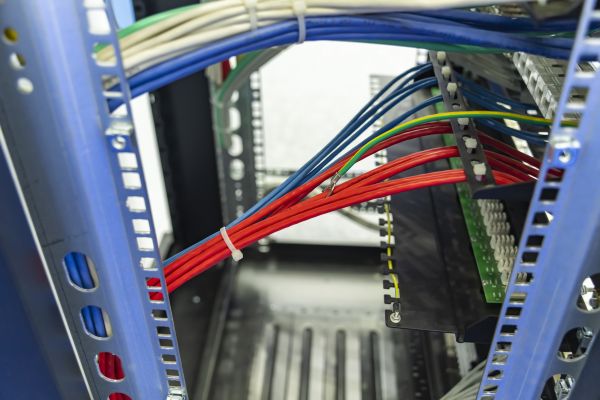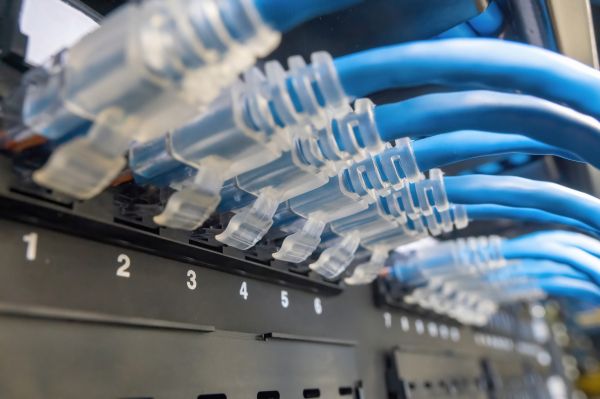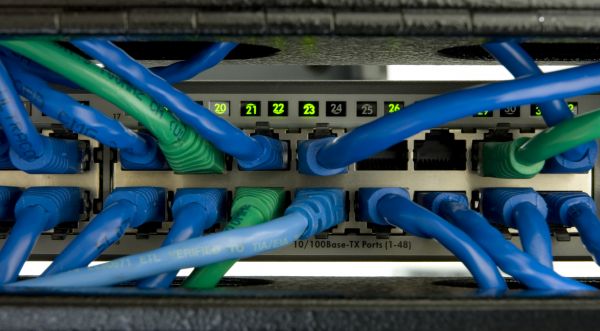Network Wiring Service
Affordable Network Wiring
Network wiring is the backbone of any modern communication system, providing the necessary infrastructure for data transfer across various devices and networks. It involves the installation of cables and connectors that form a structured cabling system, which supports voice, data, video, and multimedia services. The importance of network wiring cannot be overstated, as it ensures that all connected devices can communicate efficiently and reliably. Properly installed network wiring enhances the speed and performance of data transmission, reduces the risk of connectivity issues, and supports the scalability of network systems. This foundational element is crucial for businesses and organizations that depend on seamless connectivity to operate effectively.
Benefits of Network Wiring
-
Enhanced Performance and Speed
Network wiring provides a dedicated pathway for data transmission, reducing interference and ensuring that data moves swiftly between devices. This leads to faster internet speeds and improved performance for all connected systems, which is essential for businesses that rely on quick access to information.
-
Increased Reliability
A well-structured cabling system minimizes the risk of downtime and connectivity issues. By using high-quality cables and professional installation techniques, network wiring ensures a stable and reliable connection that is less prone to disruptions, which is critical for maintaining productivity.
-
Scalability and Flexibility
Network wiring is designed to support growth and changes within an organization. As businesses expand or adapt to new technologies, a structured cabling system can be easily modified or expanded to accommodate additional devices and increased data loads without significant overhauls.
-
Cost-Effectiveness
Investing in professional network wiring can lead to long-term savings by reducing maintenance costs and minimizing the need for frequent repairs. A well-planned wiring system is durable and designed to meet future needs, lowering the total cost of ownership over time.
FAQs About Network Wiring
What types of cables are used in network wiring?
Network wiring typically uses twisted pair cables, such as Cat5e, Cat6, and Cat6a, as well as fiber optic cables for high-speed data transmission. The choice of cable depends on the specific needs and requirements of the network.
How often should network wiring be updated?
Network wiring should be evaluated periodically to ensure it meets current performance standards and can support new technologies. While there is no set timeline for updates, it is generally recommended to assess the system every 5 to 10 years.
Can network wiring support wireless networks?
Yes, network wiring is essential for supporting wireless networks. It connects access points and other network devices to the main network infrastructure, ensuring robust and reliable wireless connectivity throughout a facility.
What is the difference between structured cabling and network wiring?
Structured cabling is a standardized approach to network wiring that provides a comprehensive system of cables and hardware. It encompasses all the components necessary for a complete telecommunications infrastructure, while network wiring specifically refers to the installation of the cables themselves.
Fill out the contact form today to request professional Network Wiring and experience the benefits of enhanced performance, increased reliability, scalability, and cost-effectiveness.




